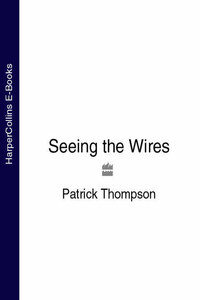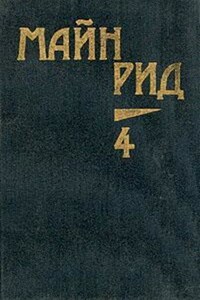When I was a student, I used to have a job on the building sites. Nowadays, I steer clear of building sites. It was a different story then, though, because of this loan that the country had been good enough to arrange for me. I had known for some time that at some point the country or, to be more specific, the Bastard And Shitwit Building Society (I’ve changed the names, for legal reasons) would want their money back.
I’d spent it. I’d spent some of it on useful work-related things like books and pens and paper and all of that. I’d spent far more of it on having a nice time, and from the way the professionally unemotional creatures at the B&S Building Society behaved, I wasn’t sure they’d understand about having a nice time. They certainly wouldn’t understand about me paying for it with their money. I suppose it was their money, really. Technically. Then again, they’d given it to me, and anyone could have told them I was unreliable. If they’d asked Jack – my best friend, who we’ll get to presently – he’d have told them flat out: do not lend this man any money. Jack never did. Jack knew me well. Until I went to university, we got on tremendously. After that, I didn’t see much of him until I stopped being a student. He didn’t like students. He preferred groups like Psychic TV, and filling himself with metal odds and ends. He’d been spending a lot of time with Eddie Finch, who worked on one of the local papers. I’ll tell you about them later on.
To be honest, I didn’t go to university because I had a great career planned. I went because things were uncomfortable at home. There were family troubles.
I’ll tell you about those later on, too.
The building society and I exchanged letters – theirs frank and to the point, mine circumspect. They agreed that I could pay back all of the money I owed them at thirty pounds a week for the rest of my life, with the clear hint that if I didn’t keep up, they’d find a far worse arrangement.
‘You’ve had a lucky escape,’ the manager, Mr Fallow, advised me.
I had, I thought. I might have been forced to work there until the debt was cleared. I told him how grateful I was, shook his hand, and left him straightening his tie.
I had a degree – a second in Historic Peculiarities, which we’ll get to presently – and I was more or less able-bodied. How difficult would it be to get the sort of job where I wouldn’t even notice the loss of thirty pounds a week?
As it turned out, very difficult indeed. The only office jobs going were for people inputting data, and they paid low wages. I was not qualified to be a team leader or supervisor. I knew this, because during the course of what felt like several hundred interviews several hundred people told me so. The building society became concerned, and started writing to me with helpful suggestions. To give me that extra bit of impetus, they charged me for each letter. When I asked why, they explained that it was to cover their administrative costs. They charged me for that letter too. I doubted this. I had seen their adverts in the job pages and they paid around three pounds a day. They were charging me fifteen pounds a letter. It surely didn’t take one person five days (or five people a day each) to write a letter three lines long with my name misspelt at the top of it.
I wrote to them, including these calculations, and asked them to take into consideration the administrative costs incurred in the writing of my own letter. If they would pay thirty pounds into my account, that should cover it.
They paid the money in. Mr Fallow was nothing if not fair. Then they sent me fifteen letters explaining that they had done so, charging me fifteen pounds per letter. I could no longer afford food or rent. I explained this to my landlord, Mr Jellicoe, who said, ‘Don’t have food then.’
At least he didn’t charge me for the advice.
I spread my job-searching net a little wider. I ruled in some areas I had ruled out. I considered more physical jobs. Eventually, I got a job on a building site on the bleak outskirts of Dudley, helping to dig the foundations of what turned out to be the ugliest factory in existence.
It was easy enough work.
I would rise at seven, get washed and dressed, and be at the bus stop by eight. Some time later, a white Bedford van would pull up, and I’d hop in. I had to use the van. I could have walked to the site – I live in Dudley, and it was less than a mile away – but collection by van was a condition of the job.









